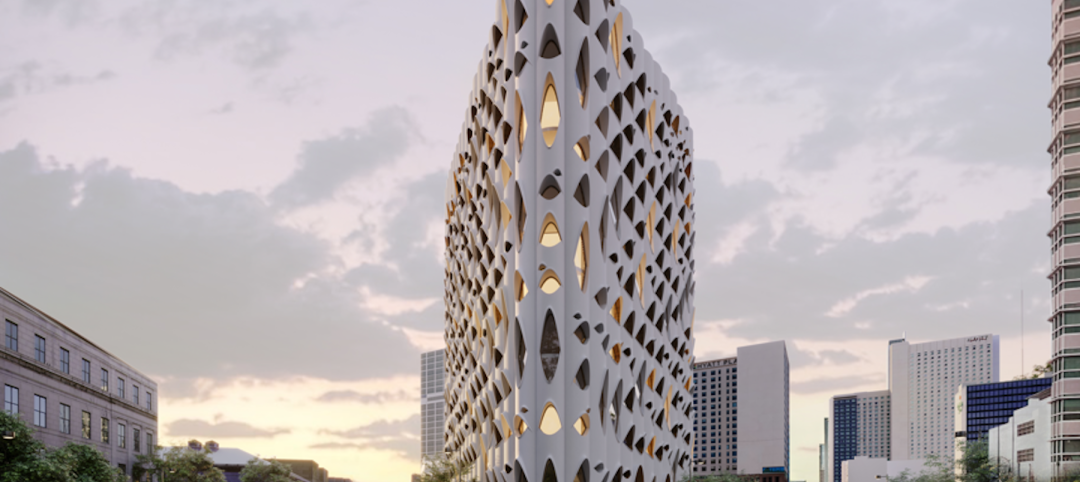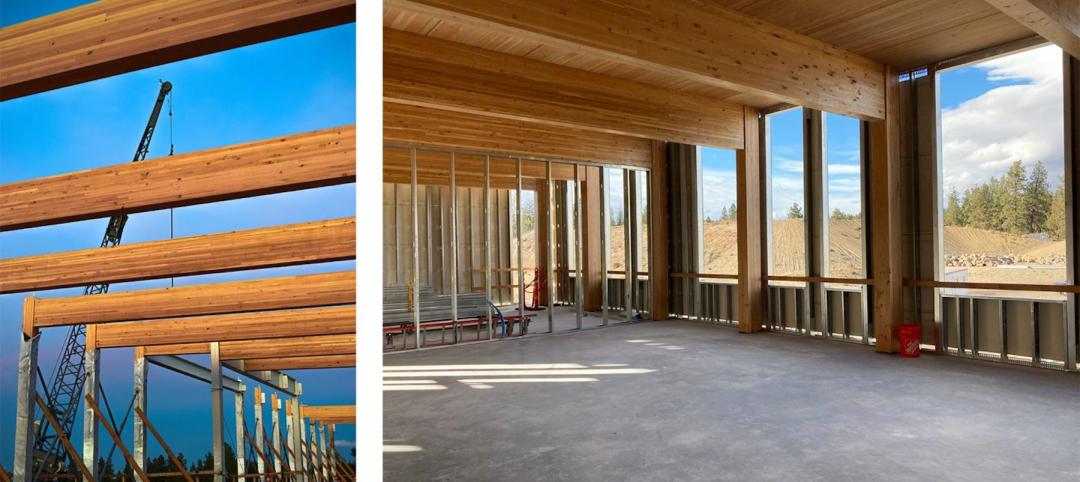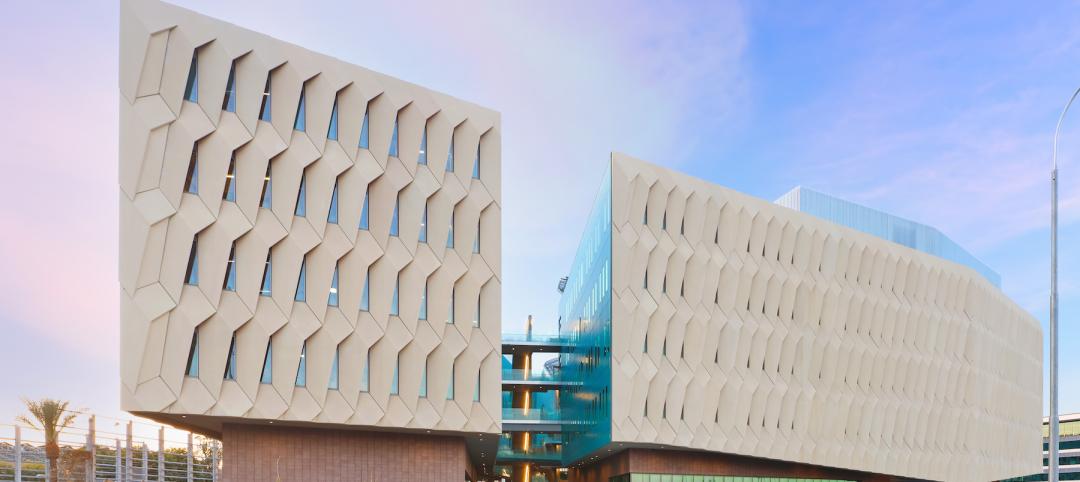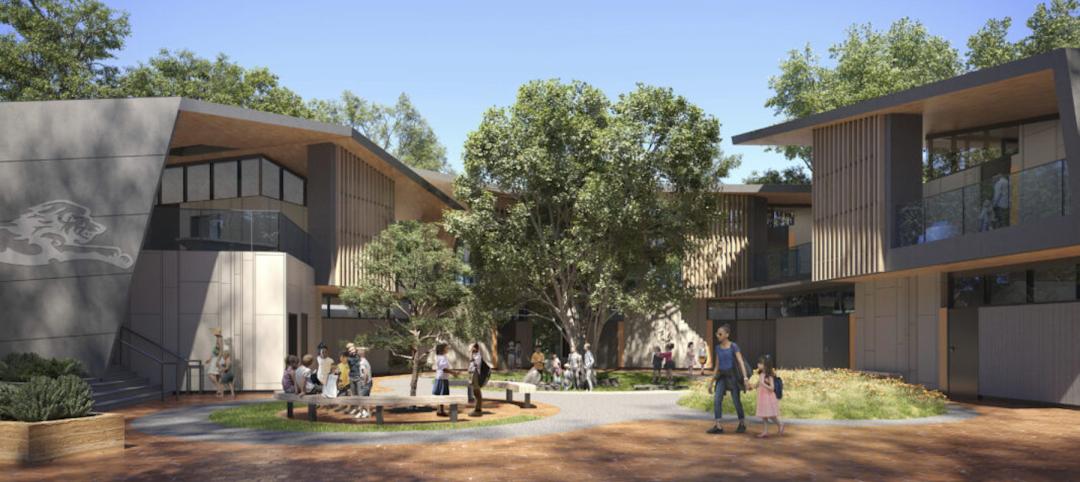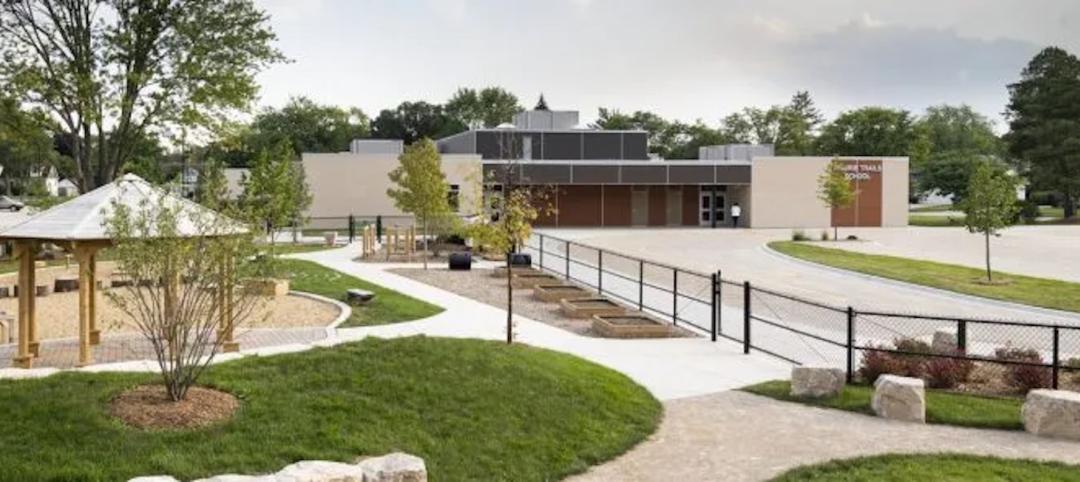The U.S. Green Building Council (USGBC), in partnership with C40 Cities Climate Leadership Group (C40) and the World Green Building Council (WGBC), released a compendium of briefs that showcase the sustainability, building energy use, and climate change policy work of cities across the globe.
Approximately 74 percent of the cities examined are implementing incentives for a greener built environment, 61 percent have enacted municipal green building policies and 49 percent are pursuing sustainable community policies.
“The findings within these briefs indicate that cities are making impressive investments to create more resilient and sustainable built environments, as well as impact the health and wellbeing of their citizens,” said Roger Platt, president of the U.S. Green Building Council. “Many mayors are forging the path toward a more sustainable future, and cities are the lifeblood of policy innovation. The collective impacts and outcomes showcased across these briefs show thoughtful leadership and innovation.”
The research covers an assessment of policies, plans, projects, and programs in 66 C40 cities. Categories include: city-wide sustainability initiatives, private sector green building incentives, green codes, sustainable community development, energy benchmarking, green schools, green affordable housing, and sustainable transportation measures. Additional data points on the uptake of green building certified projects are included where applicable. Collectively, nearly 5,000 projects in these cities have achieved LEED green building certification.
“Building energy use is a leading contributor to urban greenhouse gas emissions and therefore represents one of the greatest opportunities for cities to tackle climate change,” said Mark Watts, executive director of C40. “This report shows that C40 cities, representing 500+ million people and one quarter of the global economy, are taking bold and innovative steps to improve the long-term sustainability of their municipal and private building infrastructure, for the benefit of urban citizens.”
The compendium of briefs can be found at www.usgbc.org/city-market-briefs andhttp://www.c40.org/research.
Related Stories
Hotel Facilities | Aug 12, 2022
Denver builds the nation’s first carbon-positive hotel
Touted as the nation’s first carbon-positive hotel, Populus recently broke ground in downtown Denver.
Energy Efficiency | Aug 11, 2022
Commercial Energy Efficiency: Finally “In-the-Money!”
By now, many business leaders are out in front of policymakers on prioritizing the energy transition.
| Aug 8, 2022
Mass timber and net zero design for higher education and lab buildings
When sourced from sustainably managed forests, the use of wood as a replacement for concrete and steel on larger scale construction projects has myriad economic and environmental benefits that have been thoroughly outlined in everything from academic journals to the pages of Newsweek.
Legislation | Aug 5, 2022
D.C. City Council moves to require net-zero construction by 2026
The Washington, D.C. City Council unanimously passed legislation that would require all new buildings and substantial renovations in D.C. to be net-zero construction by 2026.
Sponsored | | Aug 4, 2022
Brighter vistas: Next-gen tools drive sustainability toward net zero line
New technologies, innovations, and tools are opening doors for building teams interested in better and more socially responsible design.
Sustainability | Aug 4, 2022
To reduce disease and fight climate change, design buildings that breathe
Healthy air quality in buildings improves cognitive function and combats the spread of disease, but its implications for carbon reduction are perhaps the most important benefit.
K-12 Schools | Aug 1, 2022
Achieving a net-zero K-12 facility is a team effort
Designing a net-zero energy building is always a challenge, but renovating an existing school and applying for grants to make the project happen is another challenge entirely.
Codes and Standards | Jul 29, 2022
Few projects and properties are being built beyond code
Clients and architects disagree on how well building to code provides resilience, according to a recent report by the American Institute of Architects (AIA) in partnership with Owens Corning.
Green | Jul 26, 2022
Climate tech startup BlocPower looks to electrify, decarbonize the nation's buildings
The New York-based climate technology company electrifies and decarbonizes buildings—more than 1,200 of them so far.
Energy-Efficient Design | Jul 19, 2022
All is not lost: 3 ways architects can respond to the Supreme Court’s EPA ruling
The U.S. Supreme Court’s ruling to limit the Environmental Protection Agency’s power to regulate greenhouse gas (GHG) emissions from power plants dealt a significant blow to our ability to fight the climate crisis with federal policy.


